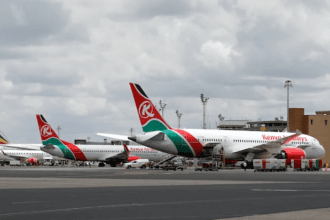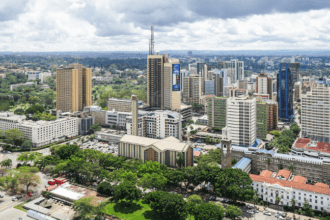
South Sudan has announced that it will be postponing this years general election to December 2026 citing that the country is not prepared enough to hold an election this year. The government has said that it will need to finish the ongoing census before they can proceed to an election. It is also important to note that this is the second time South Sudan is postponing a general election with the first time being February 2020
The Current Political state of south Sudan
If we take a step back and look at the political history, South Sudan gained it’s independence from Sudan in 2011, but the journey has been faced by a lot of conflict and instability. This started by the outbreak of civil war in 2013, only two years after independence, underscored the deep-seated issues within the fledgling nation which resulted to the death of over 400,000 people and it also triggered a famine and led to a massive refugee crisis. . A peace agreement signed in 2018 was a critical step towards ending the conflict.
The 2018 peace deal led to the formation of a transitional government, with the promise of elections to follow. The expectation was that these elections would help solidify the peace process, offer a democratic avenue for political change, and enhance national unity. However, the recent announcement of a postponement has cast a shadow over these hopes.
The country is left wondering what could be the reason for the delay and according to political analysis, some of the common reasons might be :
Political Disagreements
The political landscape in South Sudan is fragmented, with multiple factions and leaders vying for power. Disagreements among political leaders regarding the electoral process and framework might have contributed to the delay. Achieving consensus among various stakeholders is essential for a credible and inclusive election.
Administrative Challenges
Being that this is the first time the country is organizing an election, it involves significant logistical and administrative hurdles. From setting up polling stations to ensuring the distribution of voting materials, the process requires careful planning and resources. so we can say the delay allows more time to address these logistical challenges and ensure a smoother election process.
Security Concerns
South Sudan continues to experience localized conflicts and unrest. The security situation in various regions remains volatile, and holding an election amidst ongoing violence poses significant risks. Ensuring a safe and secure environment for voters and election workers is a major concern.
Implications of the Postponement
Delaying of a general election also comes with its own shares of implications to the country. There are several reasons for a delay an this may be :
Continued Uncertainty: The postponement prolongs the period of uncertainty and instability. Without a clear political trajectory, economic development and social progress may be hindered. The lack of a democratic process can also contribute to public frustration and disillusionment.
Impact on Peace Efforts: The peace process was closely tied to the electoral timetable. Delays may undermine the momentum of peace efforts and affect the trust of international partners who have been supporting South Sudan’s transition. The need for renewed commitment to the peace deal becomes more pressing.
Opportunity for Reform: On a more positive note, the delay provides an opportunity for additional reforms and preparations. It allows time to address outstanding issues, build stronger institutions, and enhance the electoral framework. If managed effectively, this could lead to a more robust and credible election in the future.
International Response: The international community has a significant role in supporting South Sudan during this period. Continued diplomatic engagement, humanitarian assistance, and support for peacebuilding efforts are crucial. The international response will also impact the country’s prospects for a successful transition.
Conclusion
As South Sudan grapples with the postponement of its general election, the focus should be on addressing the underlying issues that led to the delay. Strengthening the peace process, improving security, and ensuring inclusive political dialogue are essential steps toward a stable and democratic future.
While the postponement is undoubtedly a setback, it also presents an opportunity for South Sudan to reinforce its commitment to peace and democracy. The coming months will be critical in determining the country’s path forward. With concerted effort from both domestic leaders and the international community, South Sudan can work toward a more stable and hopeful future, where elections are not just a procedural formality but a meaningful step toward sustainable peace and development.





